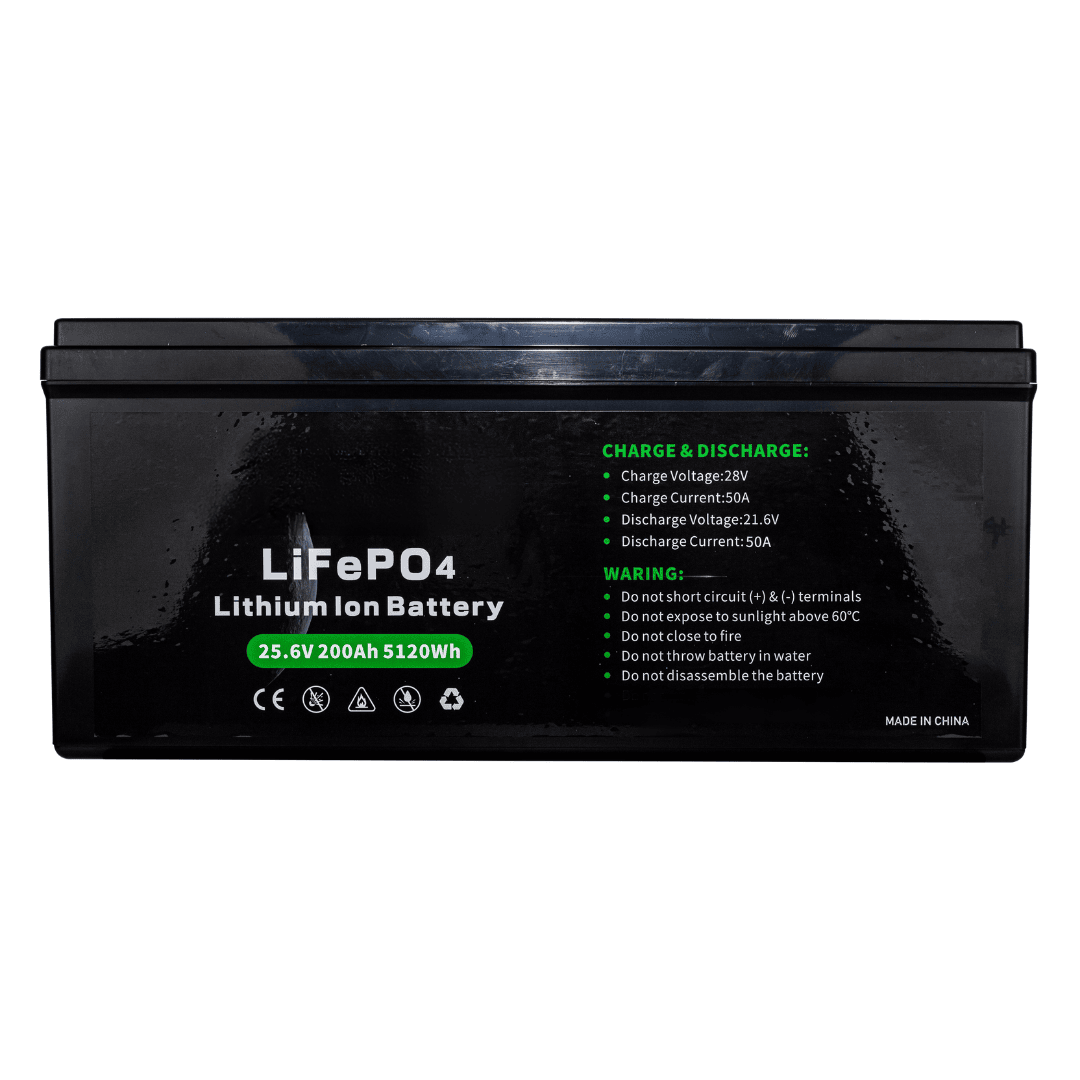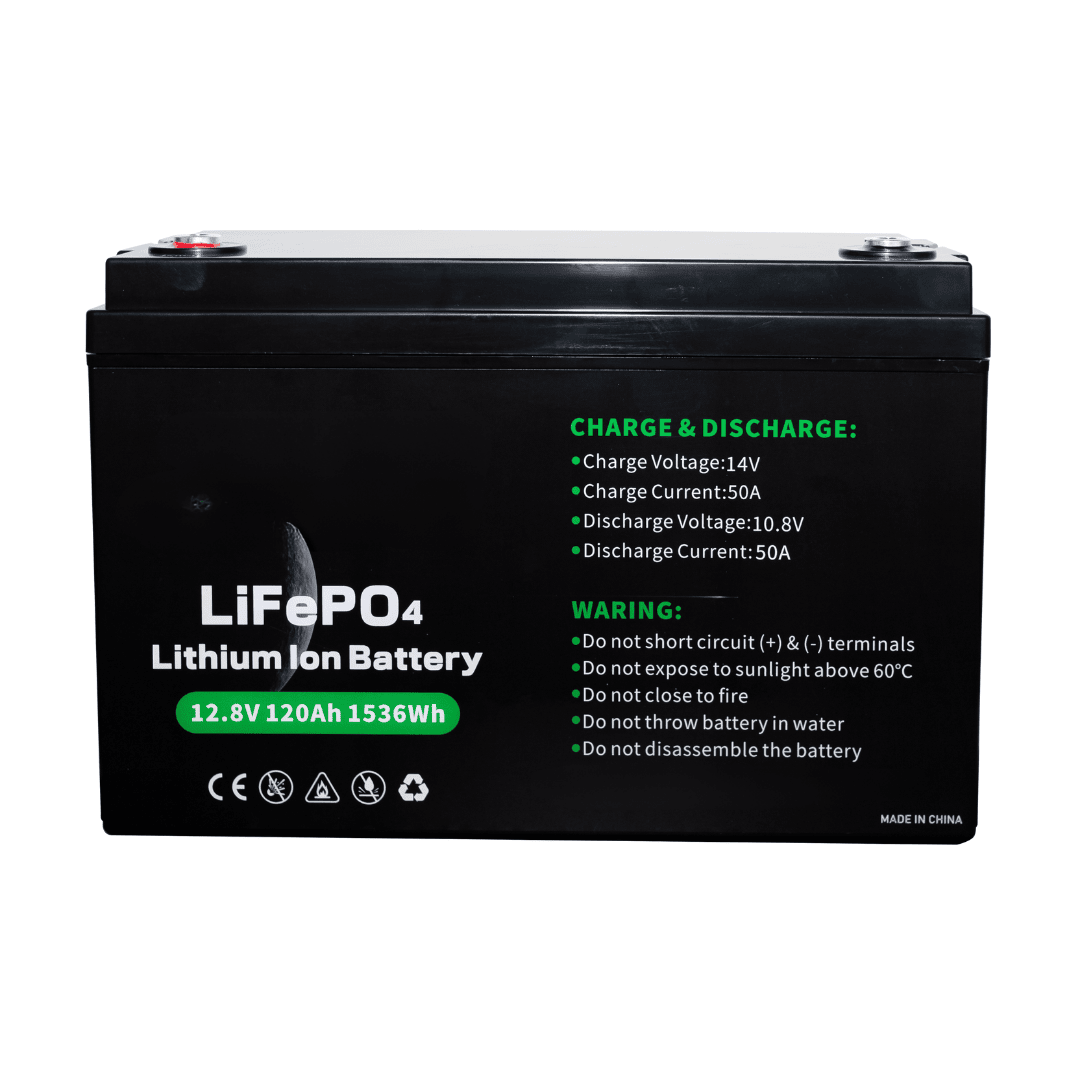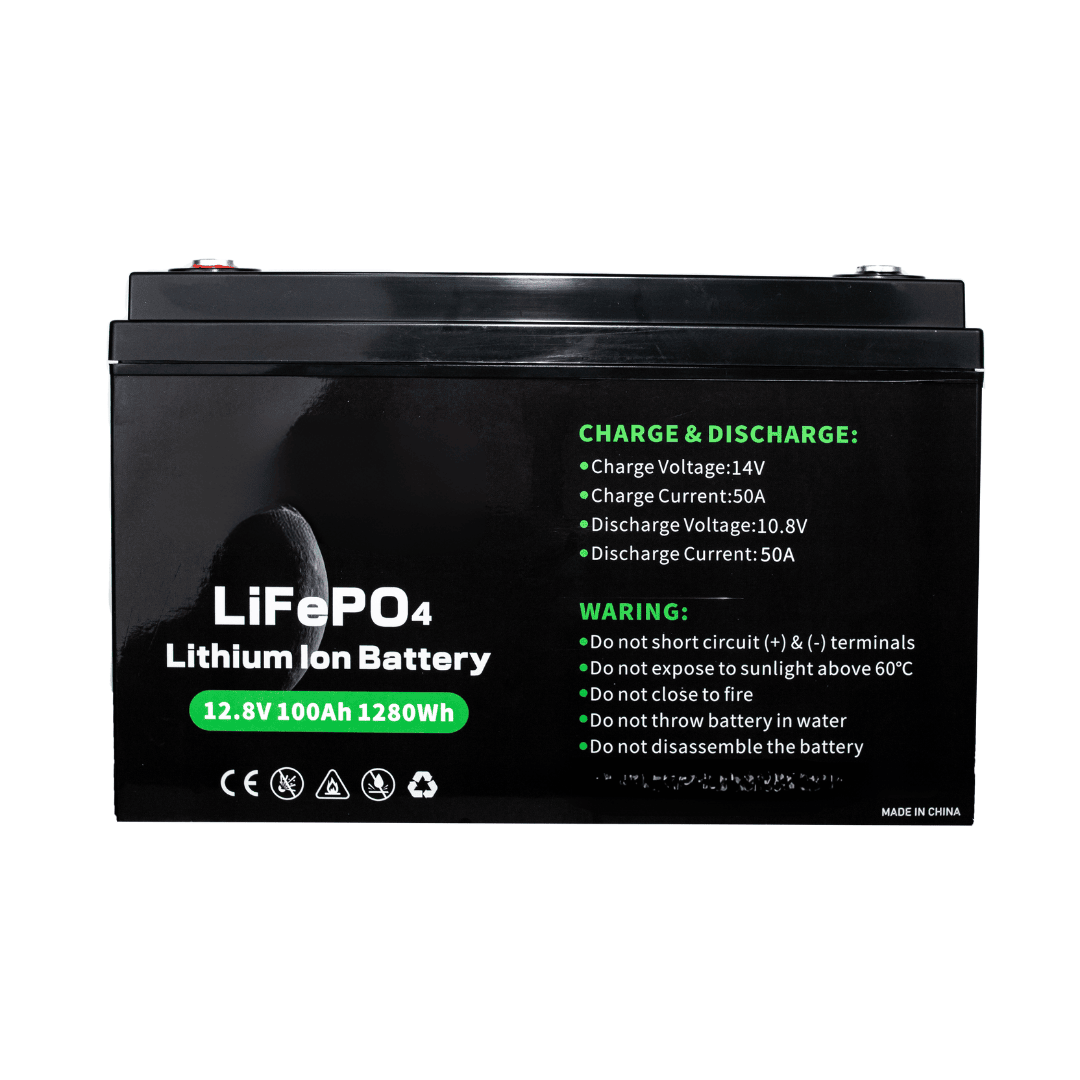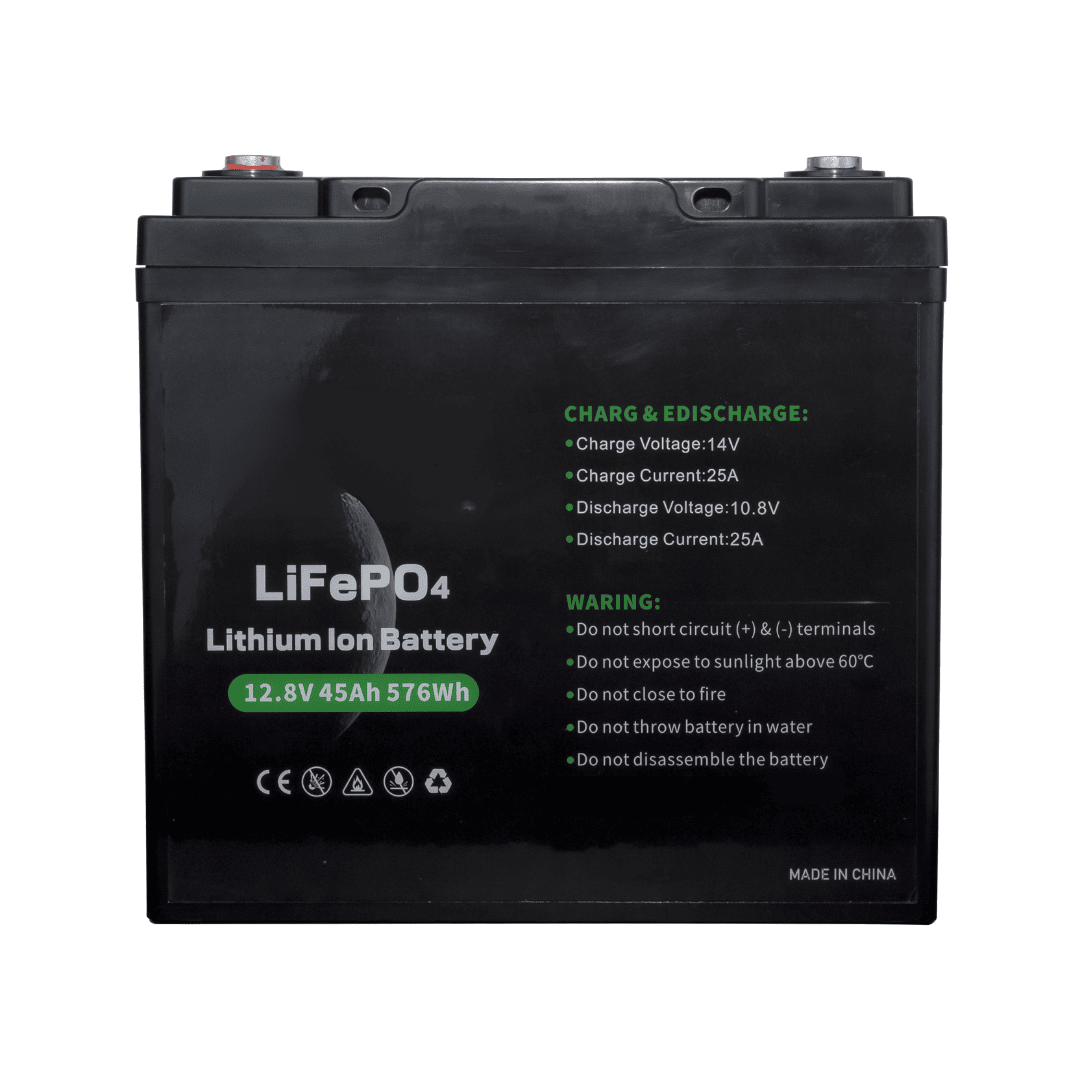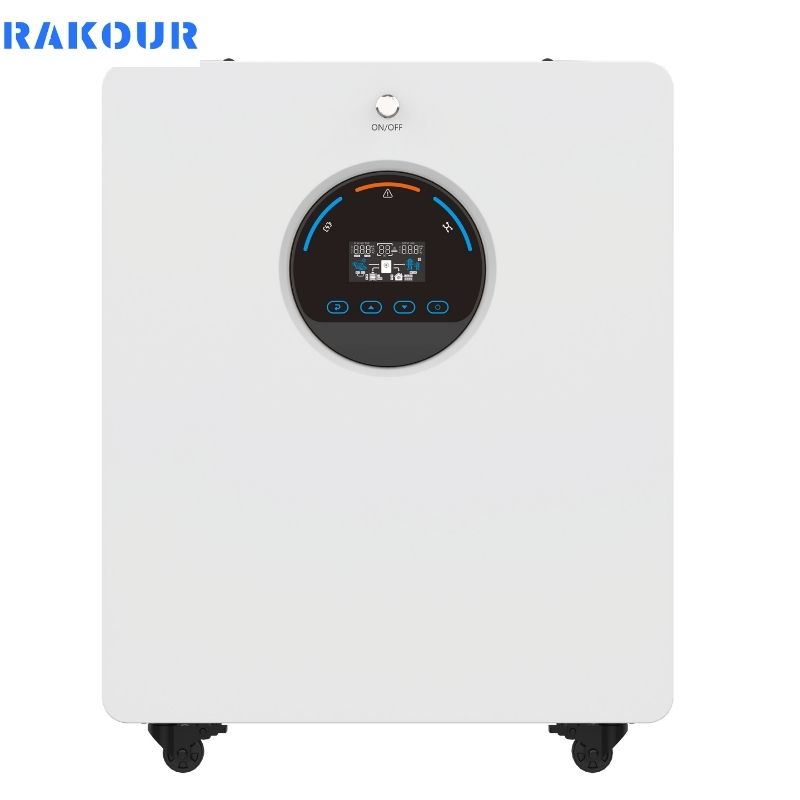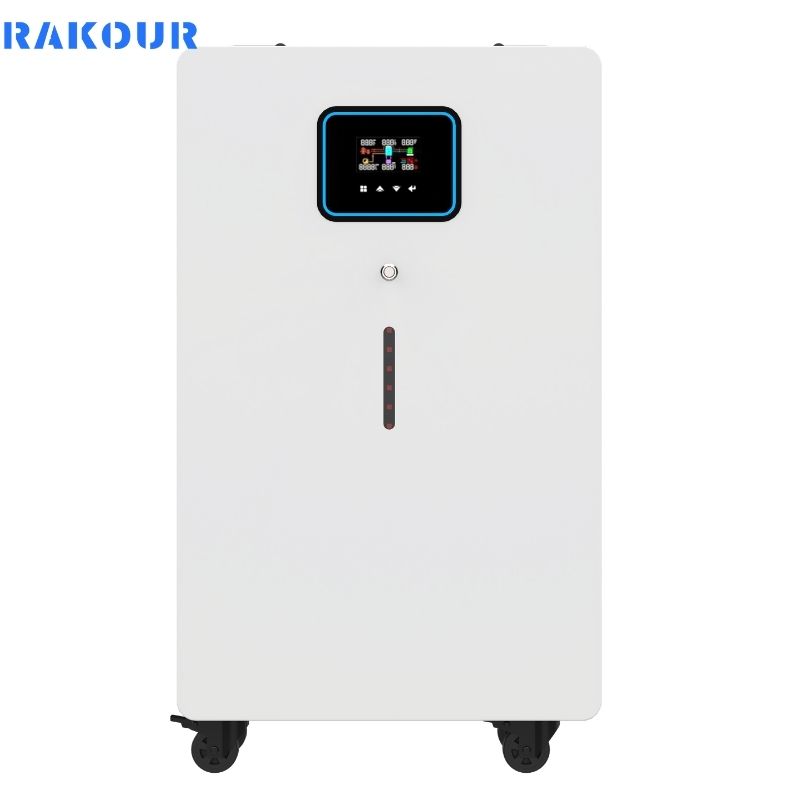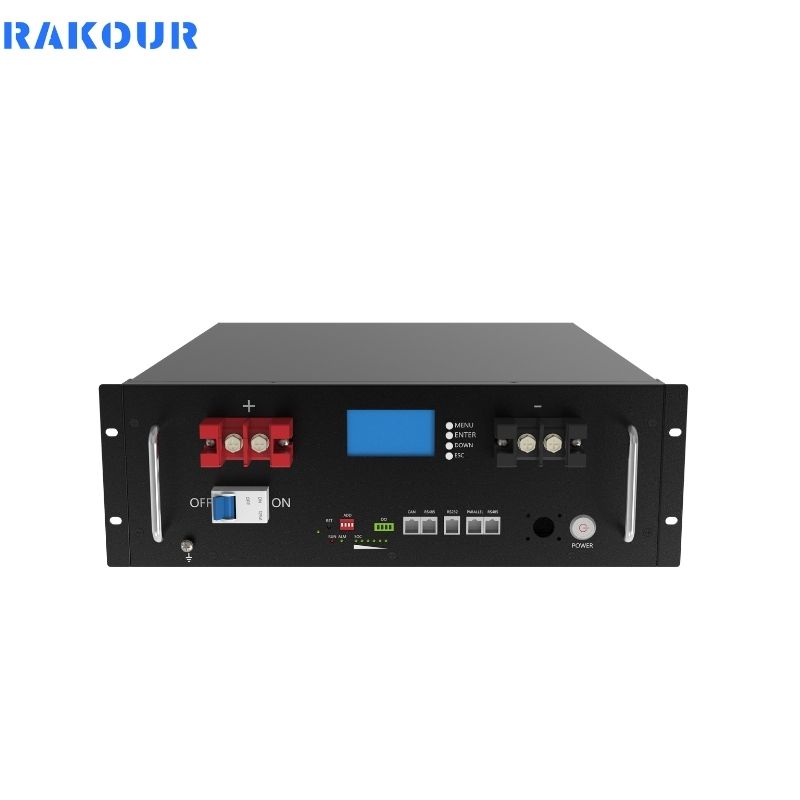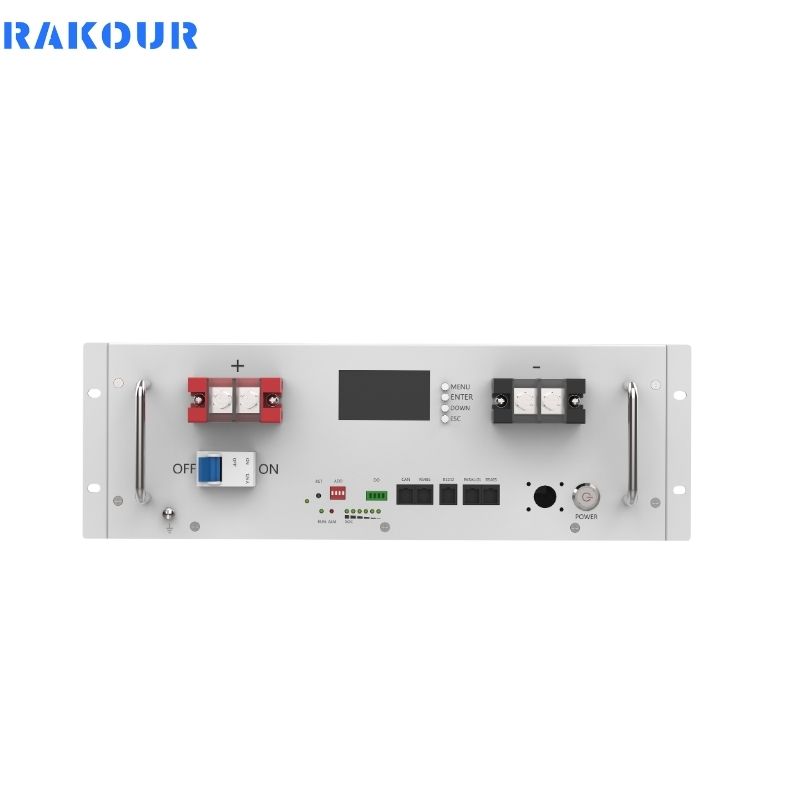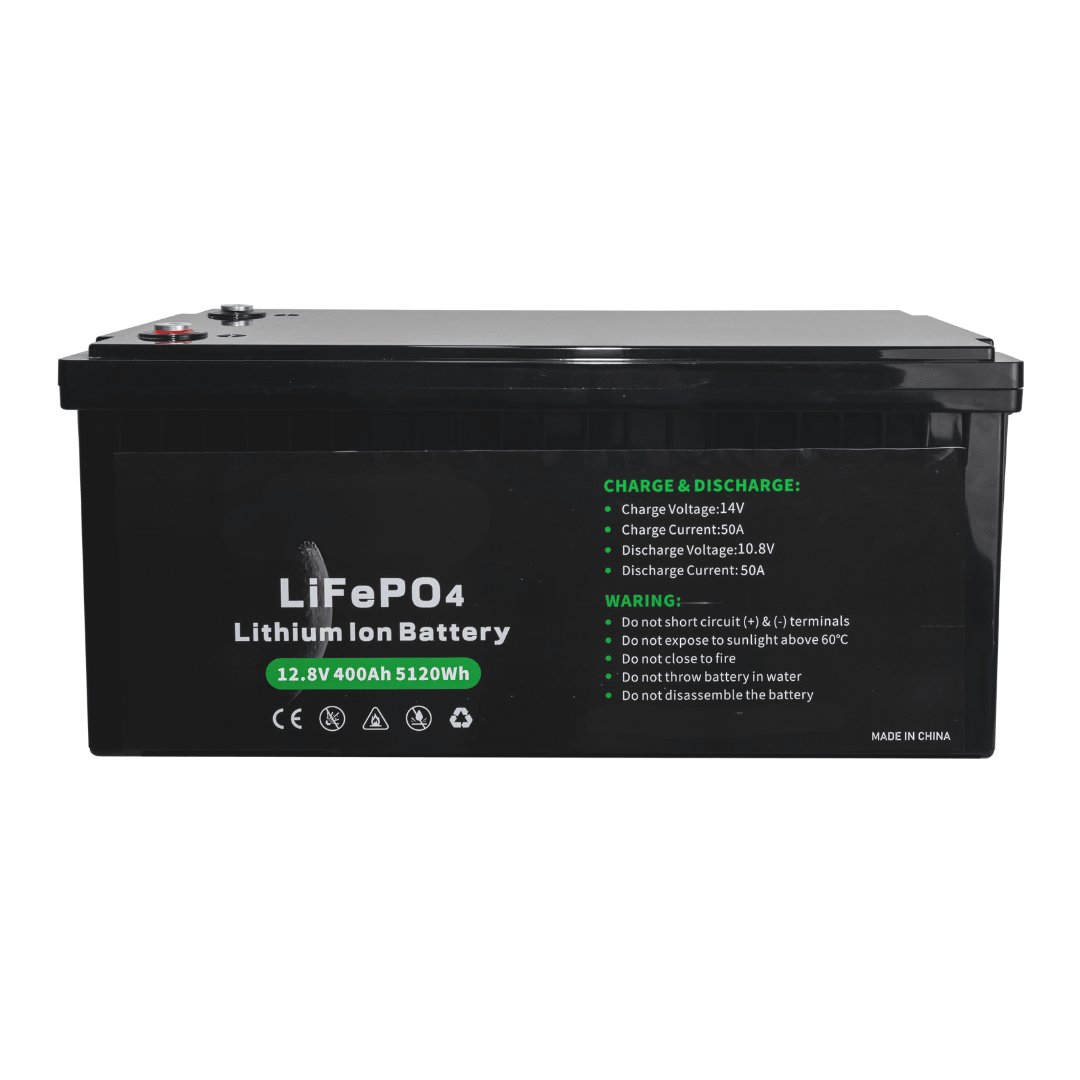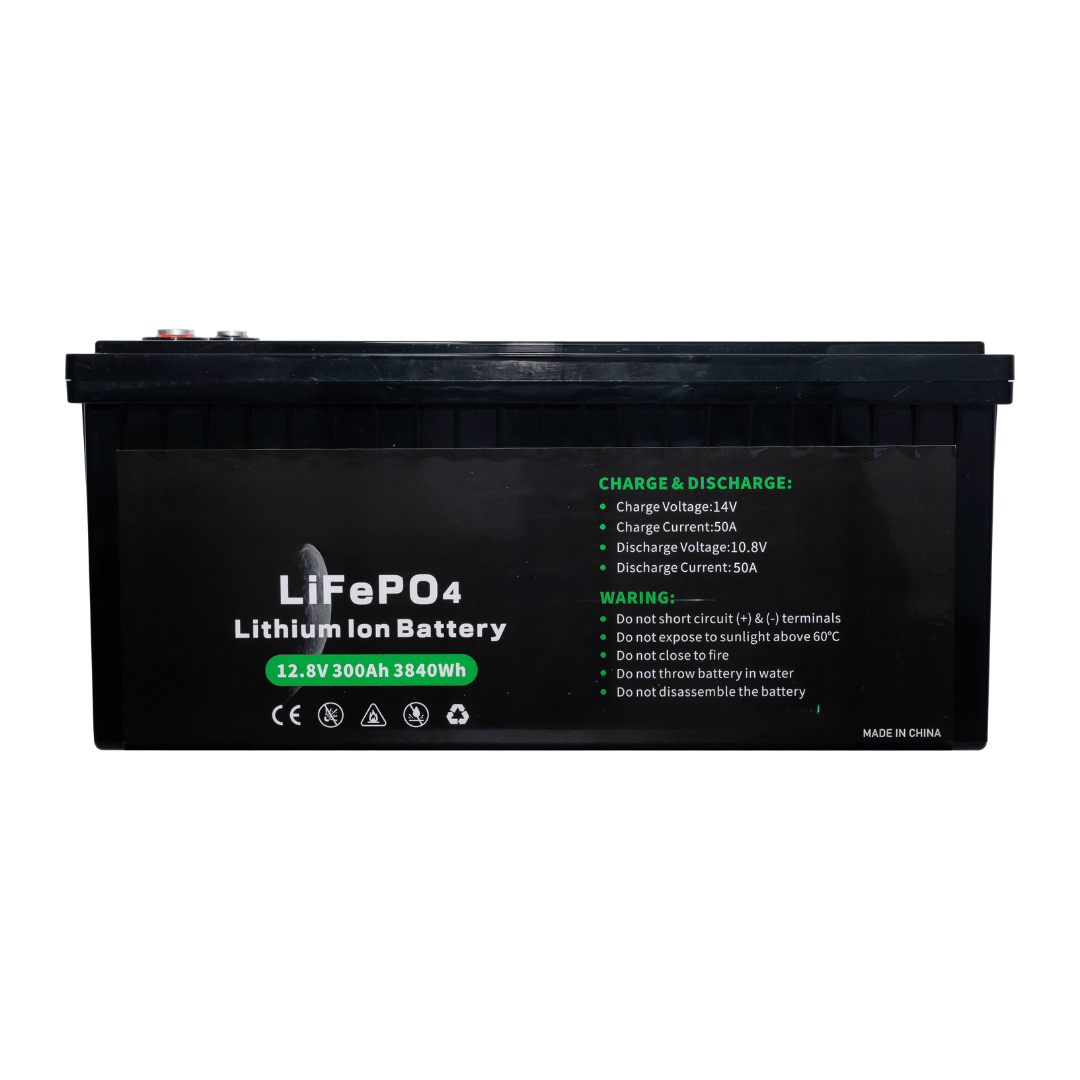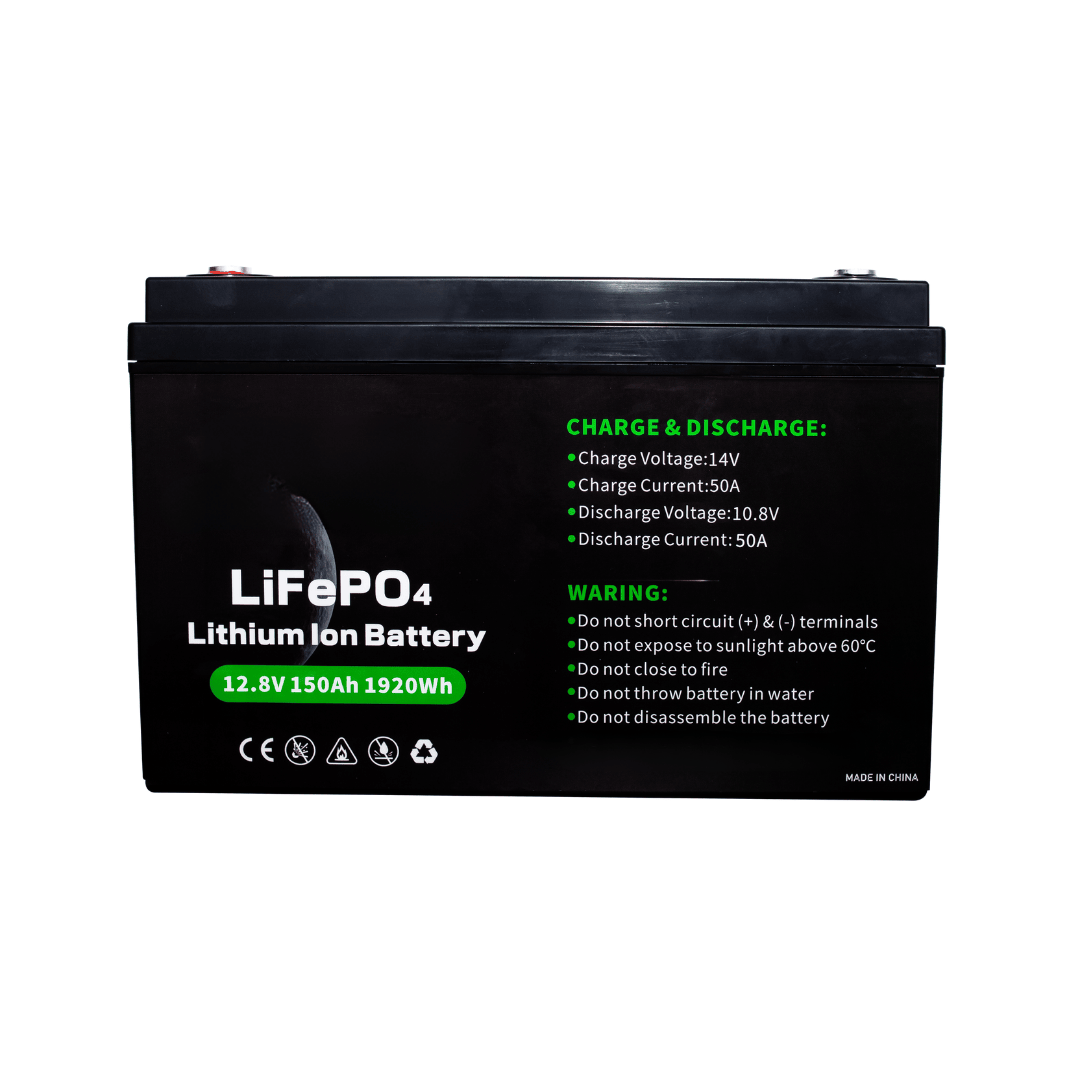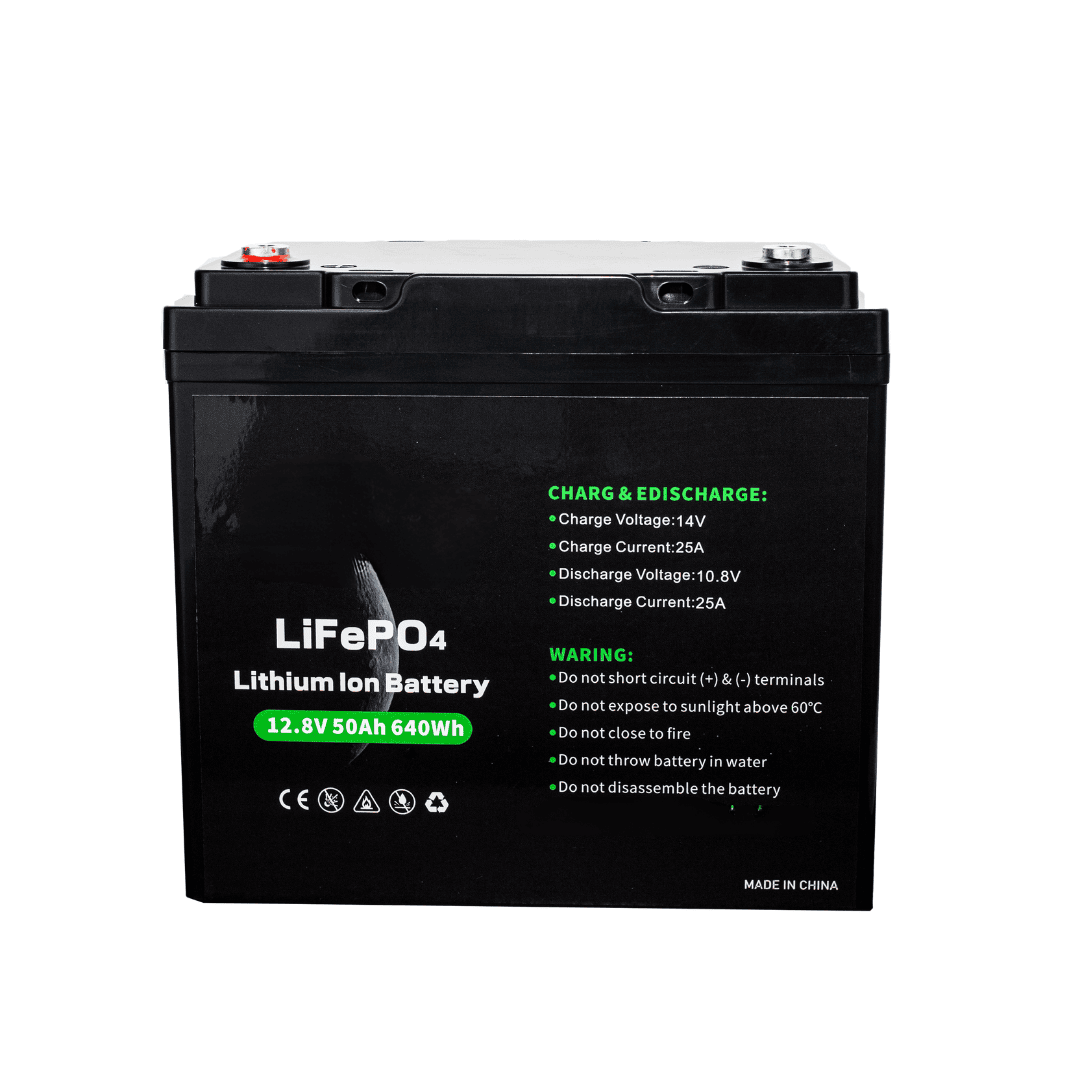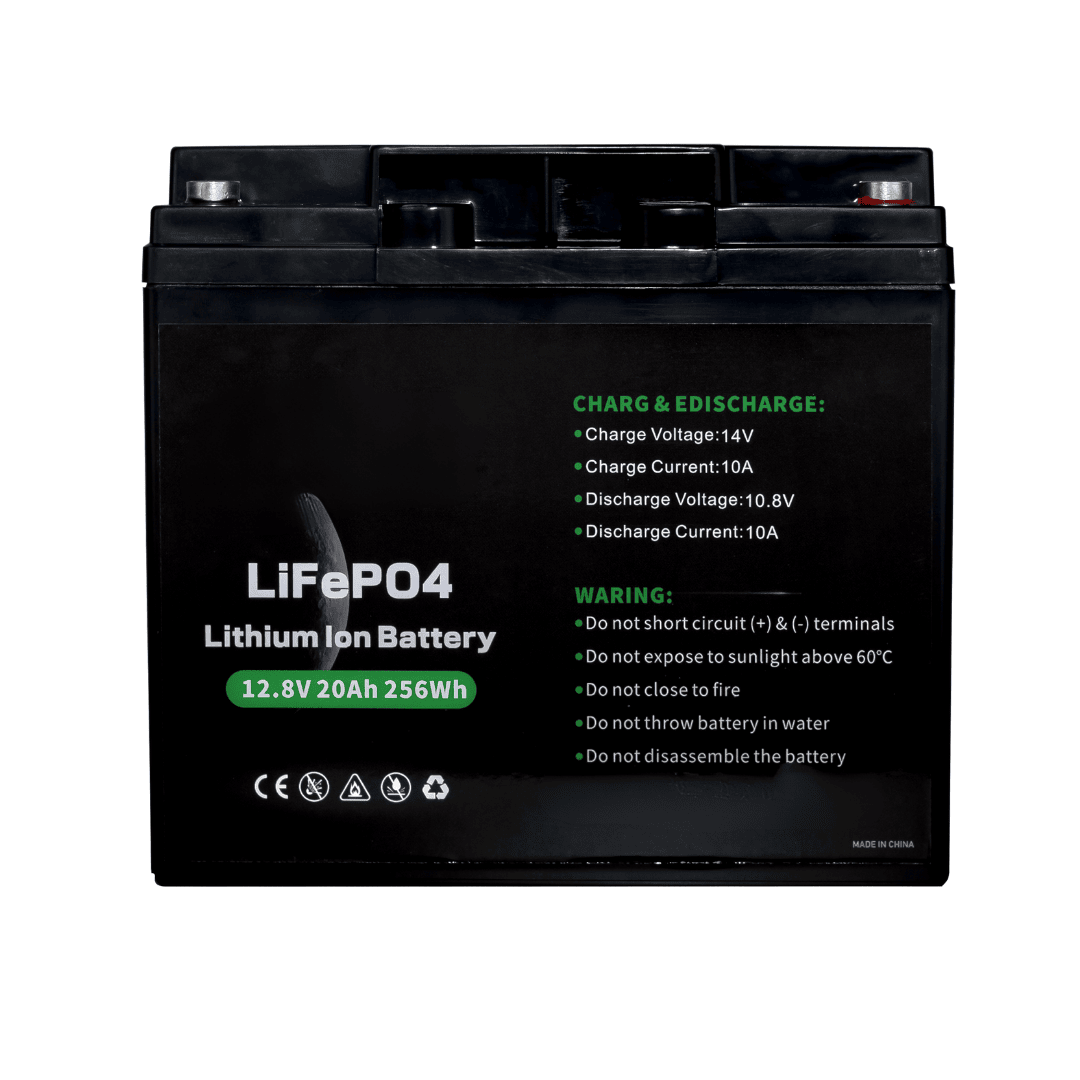Introduction to 12V Lithium Batteries
The 12V lithium battery represents a significant leap in energy storage technology, offering a reliable and efficient power source for a variety of applications. Unlike traditional lead-acid batteries, the 12V lithium battery provides numerous advantages, including high energy density, lightweight portability, and exceptional longevity. These batteries are primarily composed of lithium iron phosphate (LiFePO4) cells, which not only enhance safety but also ensure consistent performance across various conditions.
The importance of 12V lithium batteries is evident in their widespread use across multiple sectors, including automotive, marine, renewable energy, and recreational vehicles (RVs). Their lightweight design and operational efficiency make them the preferred choice for both portable and stationary power systems. As we explore the diverse applications of these batteries, it becomes clear that they are not just a trend; they are an essential component of modern energy solutions. For a deeper dive into specific applications, check out our article on the top 10 applications for your lithium 12V battery.
Key Advantages of 12V Lithium Batteries
The benefits of 12V lithium batteries over traditional battery technologies are extensive:
A. High Energy Density
One of the most remarkable features of the 12V 100Ah lithium battery is its high energy density, allowing it to store more energy in a smaller footprint compared to alternatives like lead-acid batteries. This characteristic is particularly advantageous in applications where space is at a premium, such as in electric vehicles and portable power stations.
B. Lightweight Design
The lightweight nature of 12V lithium batteries significantly reduces the overall weight of systems that rely on them. This is especially beneficial for mobile applications like RVs and boats, where every kilogram counts towards fuel efficiency and ease of handling.
C. Fast Charging Capabilities
Lithium-ion technology enables much faster charging times than traditional batteries. A 12V 100Ah lithium ion battery, for instance, can be charged quickly without compromising its lifespan, making it ideal for users who require rapid turnaround times for their devices or vehicles.
D. Long Lifespan and Low Maintenance
These batteries typically boast a lifespan that can exceed 5,000 cycles with minimal degradation in performance. Furthermore, they require significantly less maintenance compared to lead-acid batteries, which often need regular water topping and monitoring.
Main Applications of 12V Lithium Batteries
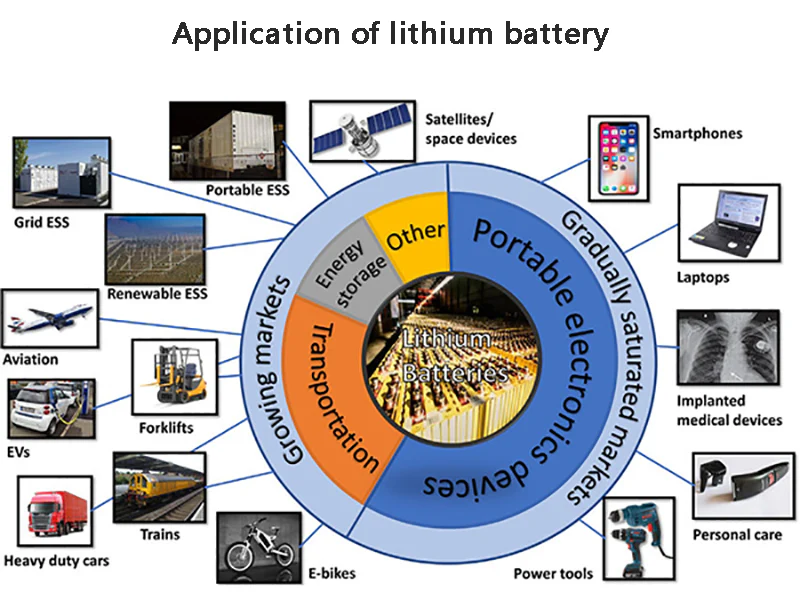
The versatility of 12V lithium batteries has led to their adoption across various industries:
A. Electric Vehicles
In the automotive sector, the 12V 100Ah lithium battery plays a crucial role in powering electric vehicles (EVs). These batteries provide not only propulsion but also support auxiliary systems such as lighting and infotainment, enhancing overall vehicle efficiency.
B. Renewable Energy Systems
Solar energy systems frequently utilize 12V lithium batteries for energy storage due to their ability to efficiently store solar power generated during the day for use at night or during cloudy periods. This capability makes them indispensable for off-grid solar applications where consistent power supply is critical.
C. Marine Applications
In the marine industry, lightweight and robust lithium batteries are increasingly used to power boats and yachts. Their compact size allows for efficient use of space while delivering reliable energy for navigation systems, lighting, and other onboard electronics.
D. Recreational Vehicles (RVs)
For RV enthusiasts, the reliability and performance of a 12V battery lithium solution are paramount. These batteries provide dependable power for lighting, appliances, and other electrical systems during camping trips or extended journeys.
E. Backup Power Solutions
In emergency situations, 12V lithium batteries serve as backup power sources for critical equipment such as medical devices and communication systems during outages. Their ability to maintain charge over time makes them vital components in emergency preparedness plans.
If you’re considering upgrading your power solutions with reliable and efficient options like the 12V 100Ah lithium ion battery, don’t hesitate to reach out! Contact us today to learn more about our offerings and how we can assist you in finding the perfect battery solution.
Additionally, resources from institutions like the Clean Energy Institute provide valuable insights into the mechanics behind lithium-ion technology and its advantages over other types of batteries.
For more detailed information on various uses and applications of these batteries, visit our article on 15 popular uses and applications.
Comparative Analysis with Other Battery Types
When comparing lithium-ion batteries with traditional options like lead-acid or nickel-metal hydride (NiMH), several key differences emerge:
| Feature | Lithium-Ion Batteries | Lead-Acid Batteries | Nickel-Metal Hydride Batteries |
|---|---|---|---|
| Energy Density | High | Low | Moderate |
| Weight | Lightweight | Heavy | Moderate |
| Charging Speed | Fast | Slow | Moderate |
| Lifespan | Long | Short | Moderate |
| Maintenance | Low | High | Moderate |
Lithium-ion batteries outperform other types in terms of energy density and lifespan while offering faster charging times. This makes them particularly suitable for modern applications that demand efficiency and reliability.
As you consider your options for energy storage solutions, remember that investing in high-quality products can make all the difference in performance and longevity. If you have questions about which battery best suits your needs or want personalized recommendations, contact us today!
Moreover, safety is paramount when dealing with any type of battery technology. Organizations like UL Research Institutes provide essential guidelines on battery safety standards that should be adhered to when using lithium-ion batteries.
For those interested in smart home applications using these technologies, check out our article on how 12V lithium batteries are used in smart homes.
Future Trends in 12V Lithium Battery Technology
As technology continues to evolve, the future of 12V lithium batteries looks promising:
A. Advancements in Chemistry and Design
Ongoing research into new materials aims to enhance energy density further while improving safety features. Innovations such as solid-state lithium-ion batteries promise even greater efficiency and stability.
B. Market Growth and Demand Forecast
The demand for lithium-ion technology is expected to grow significantly as more industries recognize its benefits over traditional battery types. This growth will likely be driven by increased adoption in electric vehicles and renewable energy sectors.
C. Integration with Smart Technologies
The integration of artificial intelligence (AI) into battery management systems will optimize performance by monitoring battery health in real-time, predicting failures, and enhancing charging cycles for longevity.
recommended reading
Conclusion
In conclusion, the rise of the 12V lithium battery marks a significant step forward in portable power technology. With their superior energy density, longer lifespan, and faster charging capabilities, these batteries are set to transform various industries from automotive to renewable energy systems. As society increasingly prioritizes sustainability and efficiency, the adoption of lithium-ion technology will likely continue to expand.
By embracing these advancements in battery technology, consumers can enjoy greater convenience while contributing to a greener future—making it clear that the 12V 100Ah lithium battery, along with its variants like the 12V 100Ah lithium ion battery, is not only practical but essential components of modern life. The future is bright for these innovative power solutions as they pave the way toward a more sustainable world.
For further information on how these technologies can benefit you or your business, feel free to explore additional resources available at Battery University or reach out through our contact page. For an overview of the main applications specific to these batteries, visit our article on what are the main applications of 12V lithium batteries.
Learn How RAKOUR Can help you deploy
future-proof energy
Our team of energy storage experts will take the time to fully understand your business, challenges , and opportunities.

Choosing the Best Li Ion Battery
Choosing the Best Li Ion Battery explores essential factors in selecting lithium-ion batteries, including technology,

How to Retrofit Your Golf Cart with Lithium Batteries
Retrofitting your golf cart with a 48V lithium golf cart battery offers enhanced performance, cost

Recycling Li Ion Battery: What to Know
Discover the essential aspects of recycling li ion batteries, including the processes, benefits, and innovations

How many lithium cells does it take to make a 12V battery
The number of lithium cells needed to create a 12V battery varies based on the

How to Connect Golf Cart Batteries: A Step-by-Step Guide
Learn how to connect golf cart batteries effectively with this comprehensive guide. Follow our step-by-step

What is the difference between a marine battery and a deep cycle marine battery?
Marine and deep cycle marine batteries are essential components for boating, each tailored to specific
FAQs



